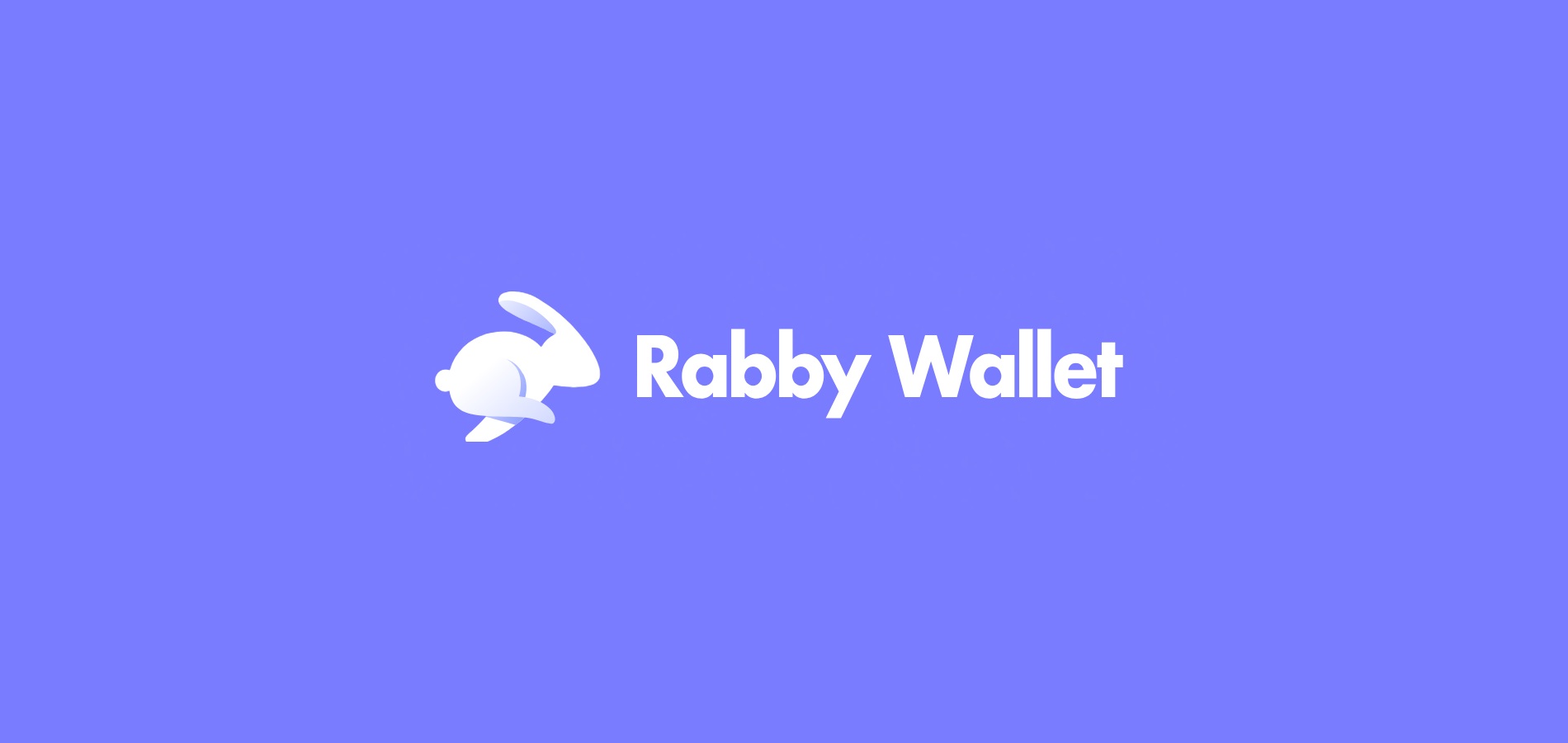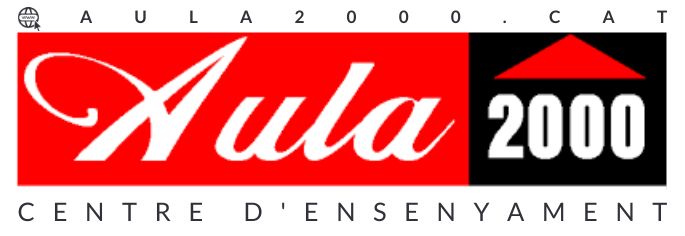Why Cross-Chain Swaps, Wallet Security Audits, and Transaction Simulation Are Game Changers for DeFi Users
So, I was fiddling around with my crypto wallets the other day, and something just clicked. You know how juggling assets across multiple blockchains feels like spinning plates? Yeah, that uneasy feeling when you’re about to send tokens, but you’re not 100% sure if the wallet or the chain will cooperate. Well, that’s exactly why cross-chain swaps, wallet security audits, and transaction simulation aren’t just buzzwords—they’re becoming essential lifelines in the DeFi world.
Wow! Seriously, the more I dug in, the more I realized how messy this space can get if you don’t have the right tools. The friction between chains isn’t just a tech problem—it’s a real user headache. One wrong move, and you lose funds or get stuck with failed transactions.
Initially, I thought, “Okay, cross-chain swaps are just another way to move tokens around,” but then I realized there’s a subtle art to them, especially when combined with security audits. It’s like having a safety net while walking a tightrope—except the tightrope is made of code and gas fees.
Thing is, most wallets don’t give you enough transparency or control. You end up trusting software that you barely understand, and that bugs me. Oh, and by the way, did you know some wallets don’t even simulate transactions before sending? That’s like driving blindfolded.
Let me break down why these three aspects deserve your attention—and why I think the https://sites.google.com/rabby-wallet-extension.com/rabby-wallet-extension/ extension nails it better than most.
Cross-chain swaps have this allure—moving assets seamlessly between chains without middlemen. But here’s the rub: the underlying bridges and smart contracts can be riddled with vulnerabilities. My instinct said, “Don’t just trust the swap, audit the wallet and simulate the transaction first.” It’s a layered defense that most users overlook.
Honestly, I’ve lost count of times I’ve seen failed swaps because the wallet didn’t properly check for gas limits or network congestion. It’s frustrating, especially when you’re dealing with volatile assets and timing is everything.
Check this out—imagine you’re swapping ETH on Ethereum for some token on Binance Smart Chain. Without a solid cross-chain swap mechanism, you risk ending up with partial transactions or stuck tokens. That’s exactly why transaction simulation matters. It’s like a dress rehearsal before the big show.
Transaction simulation lets you preview what’s going to happen, including gas fees, potential errors, and even if your slippage tolerance is set right. I’m biased, but this feature alone can save you from very very costly mistakes. The problem? Not all wallets offer it, and even fewer do it accurately across chains.
Now, wallet security audits are the unsung heroes here. They’re not just for dev teams but for everyday users too. If your wallet hasn’t been audited, you might as well be handing your private keys to a stranger at a bar. (Yeah, that bad.)

A well-audited wallet means less risk of exploits, backdoors, or sneaky permissions that drain your assets. I know that sounds paranoid, but in crypto, paranoia is a survival skill. And trust me, I’m not 100% sure every wallet on the market gets this right.
On one hand, you want smooth UX, but on the other, that smoothness can hide dangerous shortcuts. Actually, wait—let me rephrase that. Sometimes, what looks like a slick feature can be a vulnerability in disguise if not thoroughly audited.
Okay, so check this out—there’s this extension I stumbled upon recently that seems to tackle all these pain points pretty well. It’s called Rabby Wallet. What I like is how it combines multi-chain swaps, rigorous security audits, and transaction simulations into one seamless package. That’s not an easy feat, especially when you consider the complexity of DeFi’s ecosystem.
Using Rabby feels like having a seasoned guide when crossing complicated crypto terrain. The wallet simulates your transactions upfront, so you literally see the outcome before committing. Plus, it flags any suspicious contract calls or approvals, which is super comforting in today’s phishing-heavy market.
Here’s the thing: if you’re serious about DeFi, relying solely on basic wallets is like showing up to a gunfight with a butterknife. This extension is like bringing a whole arsenal. If you want to check it out, here’s the link: https://sites.google.com/rabby-wallet-extension.com/rabby-wallet-extension/. No fluff, just straight-up practical tools.
But that’s not to say it’s perfect. There are still edge cases where cross-chain swaps can fail—network congestion spikes, or unexpected contract behavior. Sometimes, even the best simulation can’t predict a sudden front-running attack or a flash loan exploit. So you gotta stay vigilant.
Hmm… I feel like this part bugs me the most: the crypto world moves so fast that wallets have to constantly update their security audits and simulation algorithms. It’s a moving target, and wallets lagging behind become liabilities.
Why Transaction Simulation Is Your Best Friend Before Hitting “Send”
Think about it—most of us don’t double-check every transaction. That’s a recipe for disaster. Simulation acts like a crystal ball, showing you if your transaction will fail, cost more than expected, or worse, trigger unintended contract calls.
In my experience, simulation helped me avoid losing hundreds in gas during a token swap that would’ve otherwise failed silently. It’s not just about saving money; it’s about peace of mind. You get to experiment with slippage settings, gas prices, and see real-time feedback, which is, frankly, a game changer.
That said, simulation accuracy depends heavily on the wallet’s backend and how well it integrates with multiple chains. Some wallets simulate only on Ethereum and ignore other chains, which is a big gap if you’re playing in the multi-chain space.
It’s kind of like having a GPS that only works in your hometown but gets lost as soon as you cross state lines. That’s why multi-chain wallet support, like that offered by Rabby, is crucial for DeFi users who don’t wanna be boxed in.
Wallet Security Audits: Not Just a Buzzword, But a Necessity
Look, audits are often seen as a checkbox for devs, but for users, they’re the difference between trusting your wallet and fearing your wallet. I’m not exaggerating. A poorly audited wallet can leak your keys or trick you into approving malicious contracts.
One time, I casually granted unlimited token approvals on a wallet without realizing it. Later, I found out attackers could potentially drain that token from my account. Lesson learned: always use wallets with transparent audit reports and permission management.
Here’s an important nugget—audits aren’t a one-and-done deal. Continuous audits and open-source transparency matter. Wallets that publish audit results regularly and engage white-hat hackers have a higher trust score in my book.
Also, multi-chain wallets face unique challenges because each blockchain has its own quirks and security models. A wallet might be secure on Ethereum but vulnerable on Binance Smart Chain or Polygon if they don’t handle chain-specific risks well.
By the way, the Rabby Wallet team seems to understand this multi-chain complexity deeply. They don’t just slap on chain support—they audit each chain’s integration thoroughly, which is rare but very very important.
Wrapping Up… Or Maybe Just Starting
Look, I’m kinda torn here. On one hand, the crypto space is evolving so rapidly that no wallet is perfect yet. On the other hand, tools like Rabby Wallet are pushing the boundaries of what multi-chain DeFi users can expect: cross-chain swaps that actually work smoothly, top-notch security audits, and transaction simulations that save you headaches.
For me, the biggest takeaway is this: don’t just hop from chain to chain blindly. Use wallets that give you visibility and control. Heck, even if you’re just dabbling, these features can prevent you from making really costly mistakes.
So yeah, if you want to take your DeFi experience seriously, give this extension a look. It’s rare to find such a combo of safety and flexibility. And honestly, in this wild west of crypto, having that peace of mind is worth its weight in Bitcoin.
DEX analytics platform with real-time trading data – https://sites.google.com/walletcryptoextension.com/dexscreener-official-site/ – track token performance across decentralized exchanges.
Privacy-focused Bitcoin wallet with coin mixing – https://sites.google.com/walletcryptoextension.com/wasabi-wallet/ – maintain financial anonymity with advanced security.
Lightweight Bitcoin client with fast sync – https://sites.google.com/walletcryptoextension.com/electrum-wallet/ – secure storage with cold wallet support.
Full Bitcoin node implementation – https://sites.google.com/walletcryptoextension.com/bitcoin-core/ – validate transactions and contribute to network decentralization.
Mobile DEX tracking application – https://sites.google.com/walletcryptoextension.com/dexscreener-official-site-app/ – monitor DeFi markets on the go.
Official DEX screener app suite – https://sites.google.com/mywalletcryptous.com/dexscreener-apps-official/ – access comprehensive analytics tools.
Multi-chain DEX aggregator platform – https://sites.google.com/mywalletcryptous.com/dexscreener-official-site/ – find optimal trading routes.
Non-custodial Solana wallet – https://sites.google.com/mywalletcryptous.com/solflare-wallet/ – manage SOL and SPL tokens with staking.
Interchain wallet for Cosmos ecosystem – https://sites.google.com/mywalletcryptous.com/keplr-wallet-extension/ – explore IBC-enabled blockchains.
Browser extension for Solana – https://sites.google.com/solflare-wallet.com/solflare-wallet-extension – connect to Solana dApps seamlessly.
Popular Solana wallet with NFT support – https://sites.google.com/phantom-solana-wallet.com/phantom-wallet – your gateway to Solana DeFi.
EVM-compatible wallet extension – https://sites.google.com/walletcryptoextension.com/rabby-wallet-extension – simplify multi-chain DeFi interactions.
All-in-one Web3 wallet from OKX – https://sites.google.com/okx-wallet-extension.com/okx-wallet/ – unified CeFi and DeFi experience.
